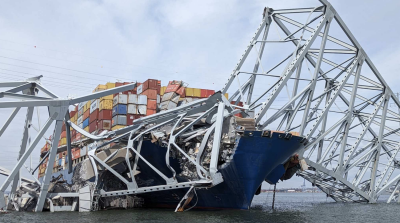It’s difficult enough for marine companies to follow the letter of the law, be it federal, state or local. When two of these entities want a company to follow their rules simultaneously, it becomes a logistical labyrinth.
The House Coast Guard and Maritime Transportation Subcommittee Chairman Duncan Hunter, R-Calif., and Rep. Elijah Cummings, D-Md., introduced the Vessel Incidental Discharge Act, S.2094 this week. The bill is designed to identify a single list of requirements relating to ballast water and other vessel discharges.
“Two federal agencies, the Coast Guard and the Environmental Protection Agency, currently regulate ballast water and other vessel discharges under two differing statutory authorities. Because neither federal statute preempts state action, more than two dozen states have established their own state-specific requirements for many of those same discharges — over 150 in all. This situation is untenable and unnecessary,” a statement from the American Waterways Operators earlier this week said.
AWO was urging its members to get behind the legislation that should cut down on the amount of red tape too many marine companies find themselves wrapped up in — unnecessary red tape that costs these companies money. The point is to establish a single federal framework for the regulation of ballast water and other vessel discharges, based on one set of scientifically sound, environmentally protective and technologically achievable rules.
It’s a good point.




